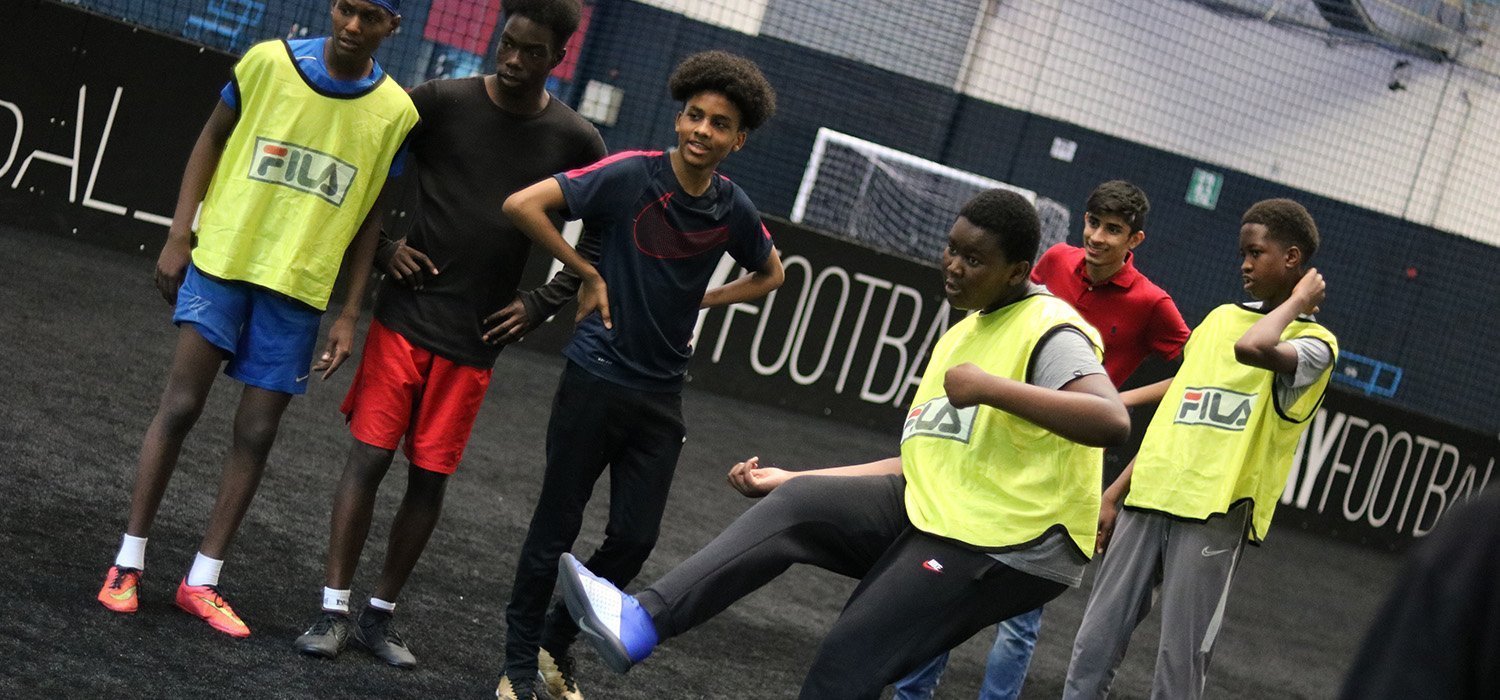Introduction
The Board of Trustees and Senior Management Team at Sport 4 Life UK (charity no. 1115222) acknowledges the duty of care to safeguard and promote the welfare of children and is committed to ensuring safeguarding practice reflects statutory responsibilities, government guidance and complies with best practice and The Charity Commission requirements. The policy recognises that the welfare and interests of children are paramount in all circumstances. It aims to ensure that regardless of age, gender, gender reassignment, marriage or civil partnership, religion or beliefs, ethnicity, disability, sexual orientation or socio-economic background, all children:
- Have a positive and enjoyable experience of activities at Sport 4 Life UK in a safe young person-centred environment
- Are protected from abuse whilst participating in or outside of the provision.
Sport 4 Life UK acknowledges that some children, including disabled children and young people or those from ethnic minority communities, can be particularly vulnerable to abuse and we accept the responsibility to take reasonable and appropriate steps to ensure their welfare.
As part of our safeguarding policy Sport 4 Life UK will:
- Promote and prioritise the safety and wellbeing of children and young people
- Ensure Sport 4 Life staff and volunteers understand their roles and responsibilities in respect of safeguarding and are provided with appropriate learning/ training opportunities to recognise, identify and respond to signs of abuse, neglect and other safeguarding concerns relating to children & young people
- Ensure appropriate action is taken in the event of incidents/concerns of abuse and support provided to the individual/s who raise or disclose the concern
- Ensure that confidential, detailed and accurate records of all safeguarding concerns are maintained and securely stored
- Prevent the employment/deployment of unsuitable individuals
- Ensure robust safeguarding arrangements and procedures are in operation.
- Conduct a risk assessment on all young people who display/ and/or have been referred with issues that may pose a risk to themselves, other beneficiaries, staff members, or the general public
- Conduct an annual review of our safeguarding policy and of all safeguarding incidents in order to learn and improve our policy and procedures
The policy and procedures will be widely promoted and are mandatory for everyone involved in Sport 4 Life UK. Failure to comply with the policy and procedures will be addressed without delay and may ultimately result in dismissal/exclusion from the organisation.
Designated Safeguarding Lead
The Designated Safeguarding Lead (DSL) is Matthew Forsyth (Head of Operations & Contracts). The DSL has ultimate responsibility for safeguarding at Sport 4 Life UK and will be a senior leader at the organisation. The main duties of the DSL is to ensure that staff are aware of how to raise safeguarding concerns, that the organisations safeguarding processes and policies are implemented and adhered to, that staff are adequately trained to support vulnerable young people, and to make referrals to the appropriate statutory agencies in the event of a safeguarding incident concern.
Designated Safeguarding Officer
The Designated Safeguarding Officer (DSO) is Tom Clarke-Forrest (CEO). The DSO will support the DSL and deputise in their absence, however the lead responsibility will not be delegated.
Board Representative
The board of trustees representative for safeguarding is Max Mcloughlin. The board representative will support the DSL in the management and development of Sport 4 Life UK’s safeguarding practices and review process.
Minimum Training Requirements
All Sport 4 Life UK employees must complete online qualification in EduCare’s ‘Child Protection in Sport & Active Leisure’. See the Sport 4 Life UK ‘Learning & Development Policy’ for more details.
Records
In the event of any child protection or welfare concerns then this should be recorded on Sport 4 Life UK’s ‘Accident / Incident Report Form’, detailing the date, the clients details, details of the accident / incident, action taken, and future recommendations – this should also include ‘near misses’. These will be recorded by reference number and passed on to the DSL listed above who will then decide what (if any) further action needs to be taken
References
Children Act 2004
Advice
https://www.gov.uk/government/organisations/charity-commission
http://www.nspcc.org.uk/
https://thecpsu.org.uk/

